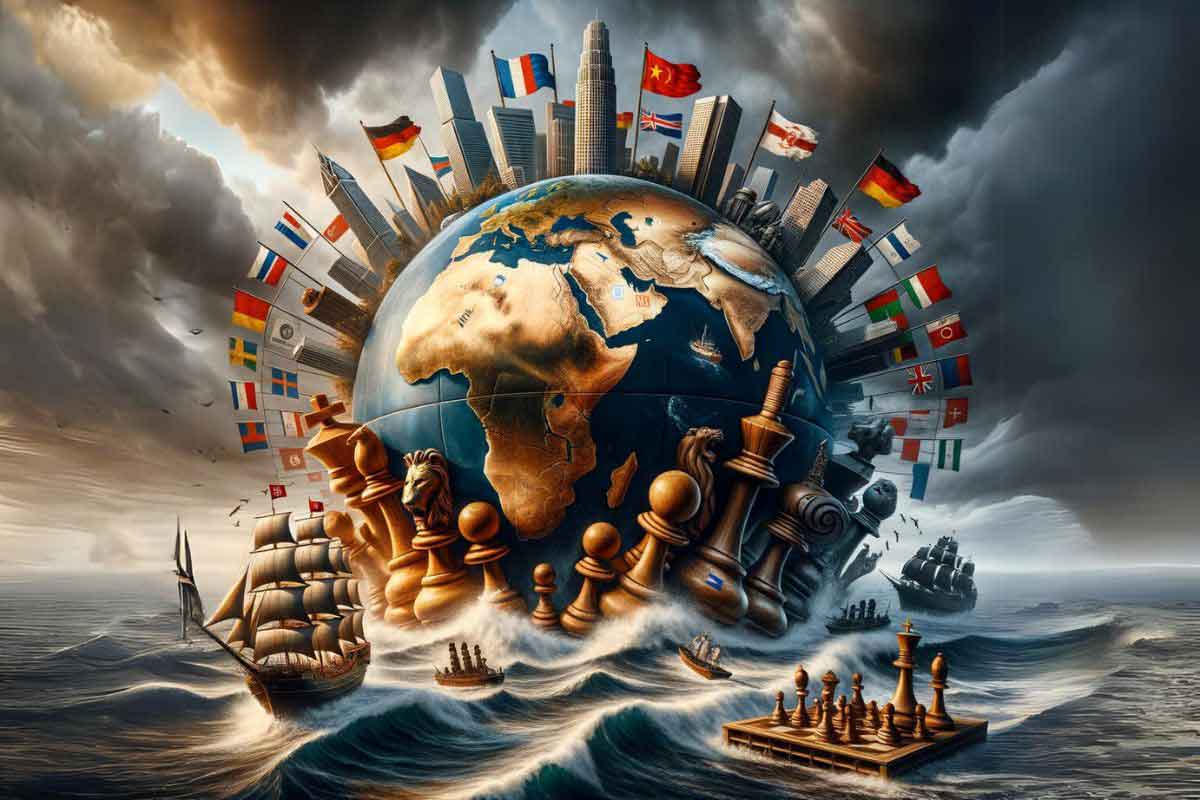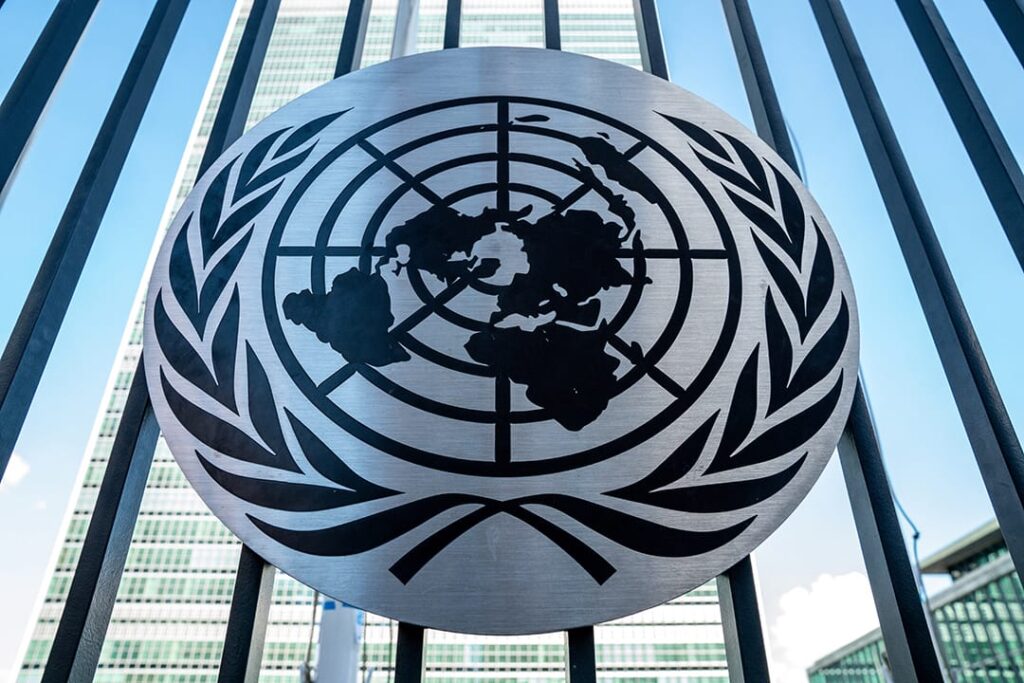In 2025, the world finds itself entangled in a web of Geopolitical Tensions and Global Conflicts, threatening not just regional peace but also the very framework of global stability. The World Economic Forum has now marked state-based armed conflicts as the top risk this year—and with good reason. Let’s dive deep into why these tensions are rising and how they impact every one of us.
War Zones in 2025: Geopolitical Tensions and Global Conflicts Escalate
Ukraine continues to resist relentless aggression. Meanwhile, the Gaza conflict has reignited with devastating civilian consequences. Sudan bleeds under internal strife, and Syria teeters on the edge after fresh upheavals. These global conflicts have gone beyond borders—they’ve spilled into every corner of our lives, from the prices of daily goods to the energy powering our homes.
And it’s not just headlines. These conflicts are:
- Disrupting vital global supply chains
- Driving up fuel and food prices
- Forcing millions into refugee crises
- Destabilizing international diplomacy
How Geopolitical Tensions and Global Conflicts Shape the World Economy
Geopolitical tensions and global conflicts now shape the pulse of the global economy. With the Red Sea shipping routes threatened and major oil-producing regions under siege, nations are scrambling for alternatives. Inflation is no longer just a monetary issue—it’s deeply geopolitical.
Companies worldwide face delays in manufacturing due to raw material shortages. Developing nations, especially those relying on imports, are at the receiving end of skyrocketing costs. Even digital industries feel the heat, as conflict zones limit access to rare-earth materials vital for tech products.
Global Conflicts Create a Domino Effect: No Nation Is Immune
What happens in Kyiv or Gaza doesn’t stay there. NATO’s increased involvement, Russia’s growing alliances, and China’s strategic silence have turned localized disputes into global power struggles. As alliances shift, so do trade patterns, immigration laws, and defense strategies.
Geopolitical tensions and global conflicts are redrawing the world map—not physically, but politically. Countries must now choose sides, impacting diplomatic relationships and trade pacts.
Can Peace Survive Amid Geopolitical Tensions and Global Conflicts?
It’s easy to feel hopeless. But history has shown that even the fiercest conflicts can lead to diplomatic breakthroughs. The key lies in:
- Stronger international cooperation
- Independent peacekeeping forces
- Addressing root causes like poverty, inequality, and resource scarcity
Efforts like the United Nations’ new Conflict Resolution Charter and EU-led peace summits are small but hopeful steps. Citizens, too, play a role. From pressuring governments to supporting humanitarian aid, everyone can contribute to peace-building.

Cyber Battles: Digital Warfare in a World of Geopolitical Conflicts
Beyond physical battlegrounds, the digital sphere is another warzone. From misinformation campaigns to cyberattacks on infrastructure, global conflicts have moved online. The blurred lines between propaganda and truth have caused widespread distrust in media and governments.
Preparing for a Future Dominated by Geopolitical Tensions
If the past two years have taught us anything, it’s this: global conflicts can no longer be ignored. They shape our fuel prices, migration patterns, job markets, and even climate efforts. Preparing for a conflict-ridden future means:
- Building resilient economies
- Investing in peace education
- Strengthening cyber defenses
- Promoting regional cooperation
Preparing for a Future Shaped by Geopolitical Tensions and Unrest
The surge in geopolitical tensions and global conflicts is not just a political issue—it’s a human issue. As wars rage and governments reposition, people around the globe are demanding change, accountability, and above all—peace.
This decade could go down as one of conflict—or one of transformation. The choice, truly, is ours.







More Stories
IndiGo Plunges Into Crisis: Questions Over Airline Planning
Asia at Boiling Point: How Weather Is Rewriting the Region’s Future
Maithili Thakur: From Folk Singing Sensation to Rising Political Star